George Lucas Thinks Filmmakers Need to Embrace Artificial Intelligence
“It’s like saying, ‘I don’t believe these cars are gunna work. Let’s just stick with the horses.”
In a ten-minute interview with French online media outlet Brut FR at the Cannes Film Festival this week, George Lucas is asked what his thoughts are on using AI in filmmaking.
Lucas begins by talking about how he founded Industrial Light & Magic (ILM), and how his company revolutionized special effects, first with miniatures, motion control cameras, and stop motion on Star Wars and then digital effects on Jurassic Park.
“Well, we’ve been using it for 25 years, and it’s not AI, but we use all the digital technology because we pioneered a lot of that,” he says. “Because especially at ILM, we were the only place that was doing digital.”
The transition from miniatures to mostly digital left many special effects people out of work. Some embraced digital technology, learning new skills to remain relevant in a fast-changing film industry. Others, who were unwilling to change, retired from special effects. Many of these people worked for ILM.
Now, filmmaking faces a new evolution in technology: artificial intelligence.
“The thing of it is,” Lucas continued. “[AI] is inevitable. I mean, it’s like saying, ‘I don’t believe these cars are gonna work. Let’s just stick with the horses. Let’s stick with the horses.’ And yeah, you can say that, but that isn’t the way the world works.”
"J'étais à la plage, à faire des châteaux de sables avec Steven Spielberg. Des amis m'ont appelé en disant : regarde les infos […], c'est là que j'ai compris que Star Wars était un vrai succès."
Conversation entre @ATrapenard et George Lucas, qui reçoit une Palme d’or d’honneur… pic.twitter.com/uXMN78AktA— Brut FR (@brutofficiel) May 24, 2024
Limiting the Use of AI
Artificial intelligence is certainly a touchy subject in Hollywood. Artificial Intelligence, however, has far-reaching implications for filmmakers than ever before, including the possibility of eradicating the need for people to create the effects. Studio executives, of course, like the idea of hiring less people and using an algorithm to create effects far more cheaply and without the problem of dealing with fatigue and the various issues that can arise with humans.
But creatives haven’t sat still and let their jobs be taken over or diminished by computers. AI was a major roadblock for negotiations between studios and both writers and actors, resulting in prolonged writers’ and actors’ strikes with the WGA and SAG-AFTRA, which brought film production and distribution to a halt for months last year. It’s also become a thorny issue for animation.
Other creatives are trying to find the best way of working with AI.
“The genie is out of the bottle,” voice actress Cissy Jones, who works with the National Association of Voice Actors (NAVA) on ethical ways to work with AI, told IGN. “You can’t stuff it back in. How do we make sure that we are part of the conversation so that we don’t get completely shut out?”
Protecting VFX Workers Against Overuse of AI?
The VFX industry, in particular, is at risk from AI because it is one of the last remaining industries within Hollywood to not be unionized.
Marvel was criticized for using AI to generate the opening credits for the Disney+ limited series Secret Wars.
Now, VFX workers at Marvel are trying to form a union. The unprecedented move within VFX might spread to remaining VFX houses in Hollywood if successful.
Bilali Mack, a VFX supervisor who worked on The Flash, told Wired that he’s worried visual effects companies will only be needed to fine tune effects created by AI.
“[T]here’s a saying in visual effects, and I think in a lot of other industries, which is that the first 90 percent takes 10 percent of your time, the last 10 percent takes 90 percent. They’re gonna spit it out, it’s gonna be a piece of crap. Then they’re just gonna be like, ‘We just want it to look perfect and feature film quality.’”
Instead of looking at artificial intelligence as an effective tool to generate the “first 90 percent”, which is how proponents of AI look at the technology, Mack is worried that visual effects artists will spend most of their time cleaning up what AI created, leaving a vast amount of human creativity unused.
Artificial intelligence might pose ethical issues for filmmakers, but it’s here to stay. Just like those working in miniatures in the late-80s and early-90s had to either embrace digital or be left behind, current visual effects teams will have to embrace AI, or be left behind by younger and more forward-thinking individuals prepared to adapt.
There will still be people needed to work with AI, but the numbers will be far less. The advent of AI sees us marching towards a future–a very near future–where independent and small-time filmmakers will have access to top-notch visual effects. AI is viewed as a threat to human creativity. But AI could also help level the playing field, thereby boosting competition among creatives.
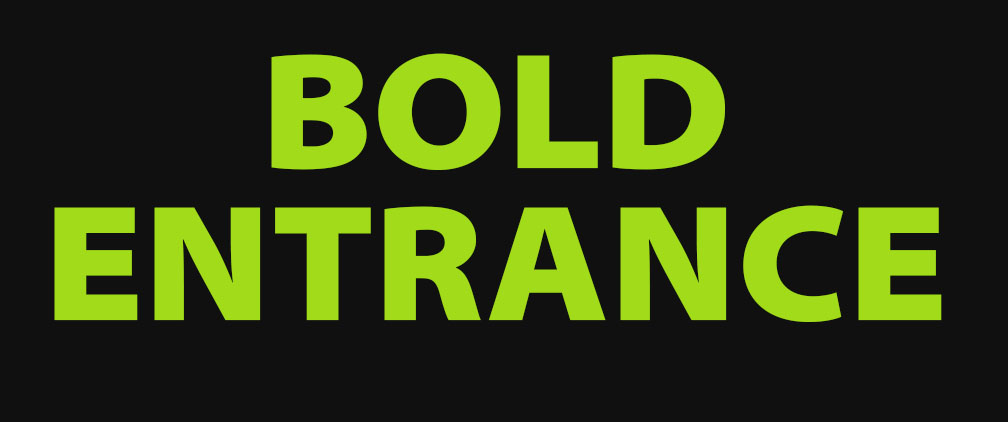
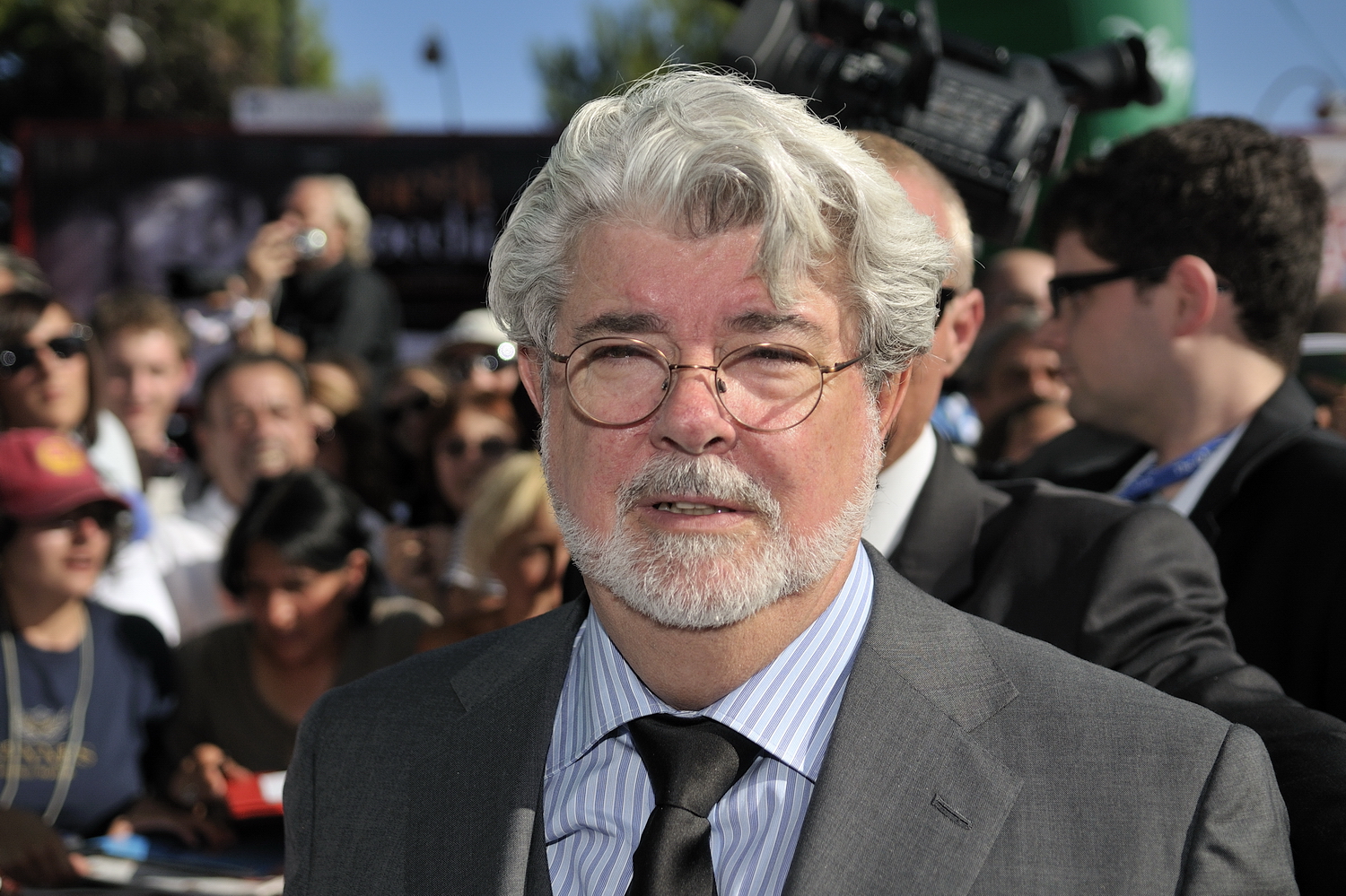
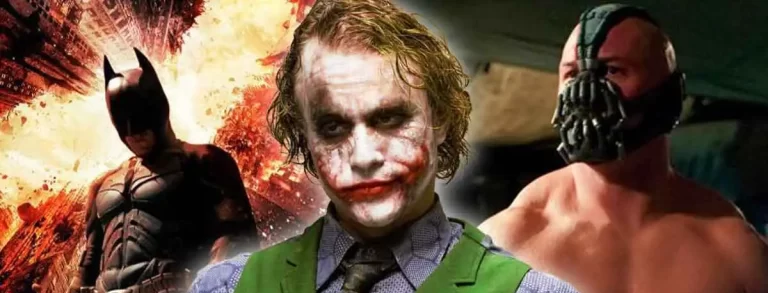
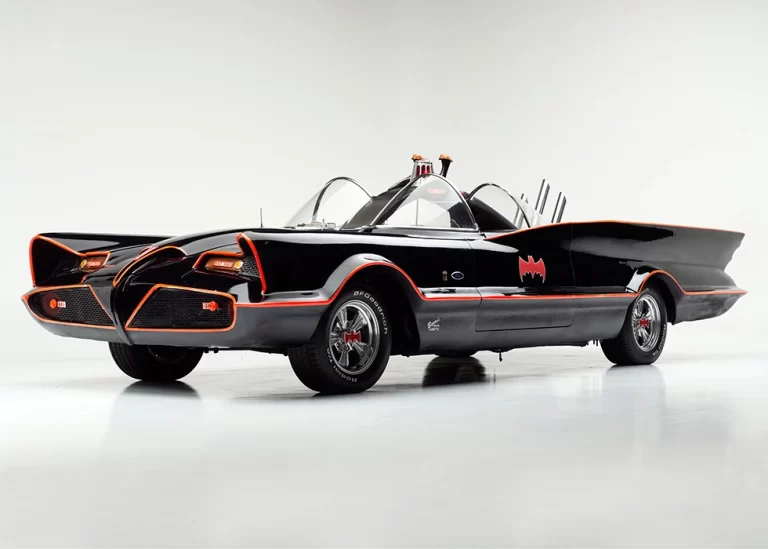
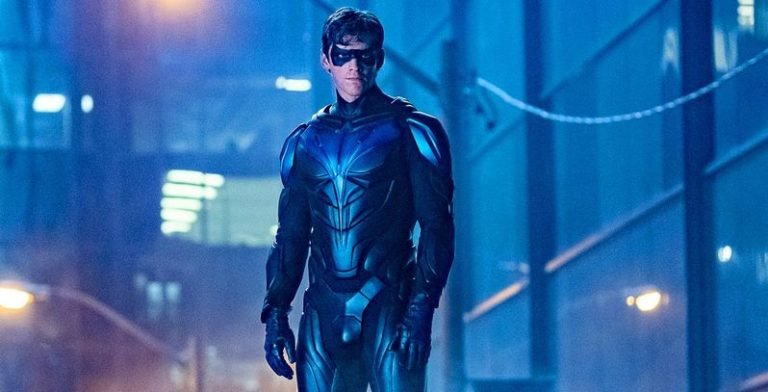
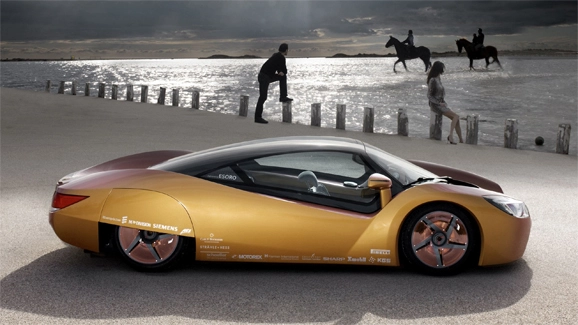
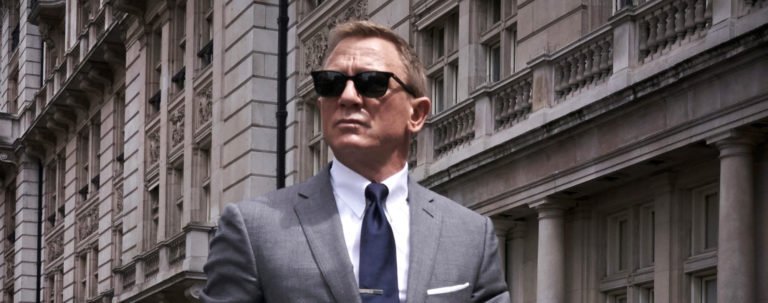
![[Watch]: Stuntwoman Amy Johnston Breakdown The Highway Scene in ‘Captain America: The Winter Soldier’](https://boldentrance.com/wp-content/uploads/2020/03/captain-america-the-winter-soldier-highway-scene-768x432.png)